Coco Chanel and the Nazis
New TV show criticised for 'flat-out revisionist' treatment of fashion designer's links to Germans in occupied Paris
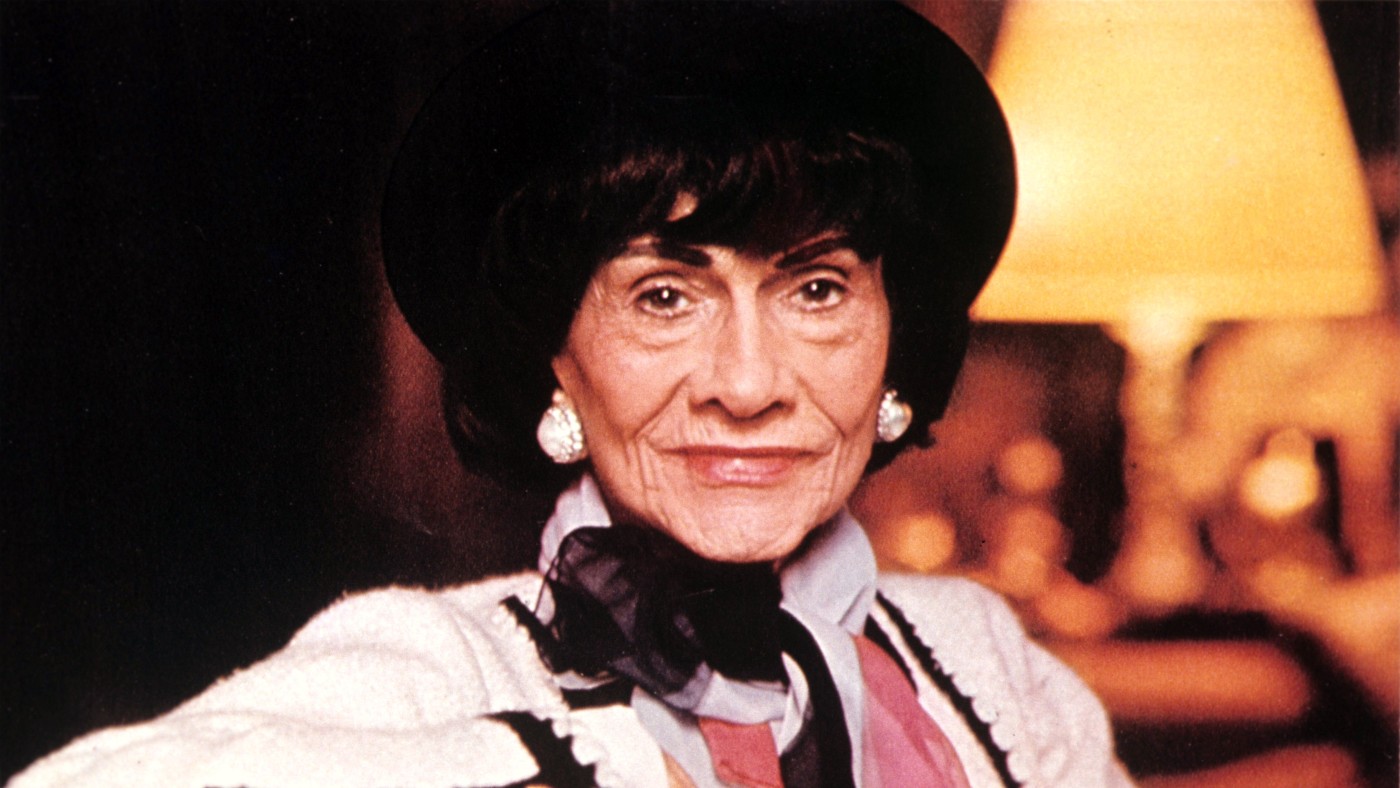
A free daily email with the biggest news stories of the day – and the best features from TheWeek.com
You are now subscribed
Your newsletter sign-up was successful
A new television drama has reopened the debate over Coco Chanel's connection to the Nazis.
Set in occupied France, "The New Look" tells the story of Chanel and rival fashion designer Christian Dior, both of whom saw family members imprisoned by the Nazis and pulled "every kind of string to get them back", said Time.
Dior's storyline is "moving and intriguing", said reviews website Roger Ebert, but it "cannot distract from the flat-out revisionist treatment" of Chanel. Extensive historical evidence has revealed that she was a Nazi sympathiser, yet the writers of the new Apple TV+ show "seem committed to doing everything they can to minimise, or conceal entirely, this truth".
The Week
Escape your echo chamber. Get the facts behind the news, plus analysis from multiple perspectives.

Sign up for The Week's Free Newsletters
From our morning news briefing to a weekly Good News Newsletter, get the best of The Week delivered directly to your inbox.
From our morning news briefing to a weekly Good News Newsletter, get the best of The Week delivered directly to your inbox.
'A vicious antisemite'
After the Germans invaded France in the spring of 1940, Chanel remained in Paris. She lived in the Ritz hotel, "an establishment used as Nazi headquarters when they first invaded", said History Extra. "Described in French intelligence papers as a 'vicious antisemite', Chanel seemingly felt at home among these German officers."
"The New Look" portrays this period of her life as tumultuous and shows that she had a "long affair" with a Nazi agent, Hans Günther von Dincklage, known as Spatz, said the BBC. But the series doesn't show how Chanel tried, unsuccessfully, to use the Nazis' Aryan laws to "remove" the Jewish directors of her fragrance business Parfums Chanel, the Wertheimer family, said History Extra.
Todd Kessler, the series' creator, told the BBC that "the aim was to portray the spirit" of Chanel "as accurately as possible". But "it's not inspiring to write villains or heroes", he added. What's inspiring is to explore the grey."
'Too easy to say Chanel was a Nazi'
Although historians widely agree that she collaborated, Chanel biographers disagree over the extent to which the designer held Nazi sympathies.
A free daily email with the biggest news stories of the day – and the best features from TheWeek.com
"Chanel definitely socialised with them," Lisa Chaney, author of "Coco Chanel: An Intimate Life", told Time. The new television series shows Chanel, played by Juliette Binoche, hanging out with Nazis at small gatherings. But "there is no proof that she was in any way actually a Nazi by herself", said Chaney.
"It's too easy to say Chanel was a Nazi," agreed Justine Picardie, whose "Coco Chanel: The Legend and the Life" was published in a new edition last year. Picardie told the BBC that Chanel was too much of an Anglophile, and believed too strongly in freedom, to have embraced Nazism.
However, biographer Rhonda Garelick argued in "Mademoiselle: Coco Chanel and the Pulse of History" that "patriotism had always meant less to her than power". Garelick told the BBC that "never did she acknowledge the implications of having tried to invoke the heinous Nazi Aryanisation laws against her own business partners".
Jamie Timson is the UK news editor, curating The Week UK's daily morning newsletter and setting the agenda for the day's news output. He was first a member of the team from 2015 to 2019, progressing from intern to senior staff writer, and then rejoined in September 2022. As a founding panellist on “The Week Unwrapped” podcast, he has discussed politics, foreign affairs and conspiracy theories, sometimes separately, sometimes all at once. In between working at The Week, Jamie was a senior press officer at the Department for Transport, with a penchant for crisis communications, working on Brexit, the response to Covid-19 and HS2, among others.
-
 Sepsis ‘breakthrough’: the world’s first targeted treatment?
Sepsis ‘breakthrough’: the world’s first targeted treatment?The Explainer New drug could reverse effects of sepsis, rather than trying to treat infection with antibiotics
-
 James Van Der Beek obituary: fresh-faced Dawson’s Creek star
James Van Der Beek obituary: fresh-faced Dawson’s Creek starIn The Spotlight Van Der Beek fronted one of the most successful teen dramas of the 90s – but his Dawson fame proved a double-edged sword
-
 Is Andrew’s arrest the end for the monarchy?
Is Andrew’s arrest the end for the monarchy?Today's Big Question The King has distanced the Royal Family from his disgraced brother but a ‘fit of revolutionary disgust’ could still wipe them out
-
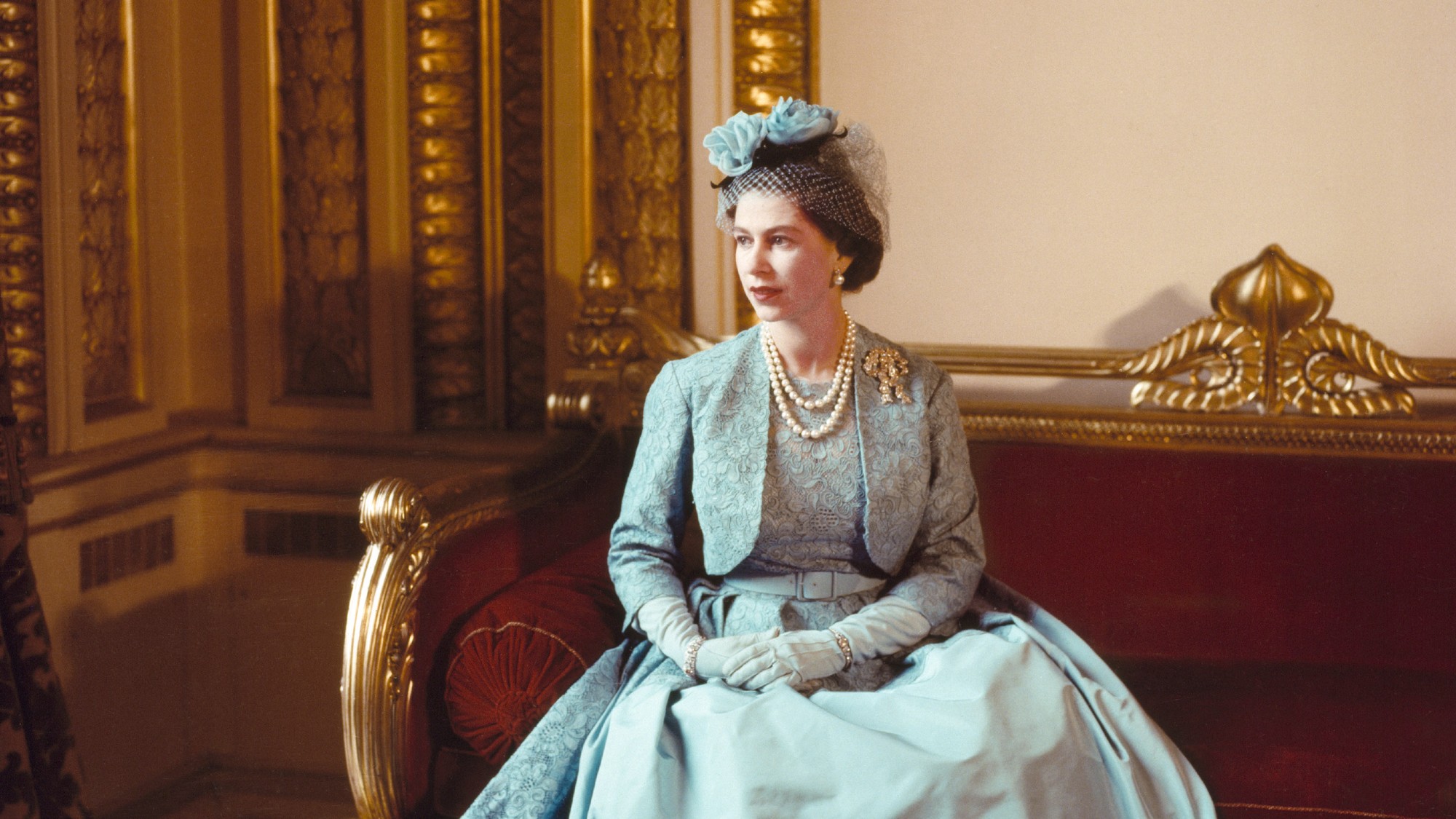 Best UK fashion exhibitions in 2026
Best UK fashion exhibitions in 2026The Week Recommends See much-loved and intriguing items from designers and style icons right where they belong: on display
-
 The best art exhibitions to book in 2026
The best art exhibitions to book in 2026The Week Recommends Our pick of the shows to see across the UK, from epoch-defining embroidery to fresh looks at under-appreciated artists
-
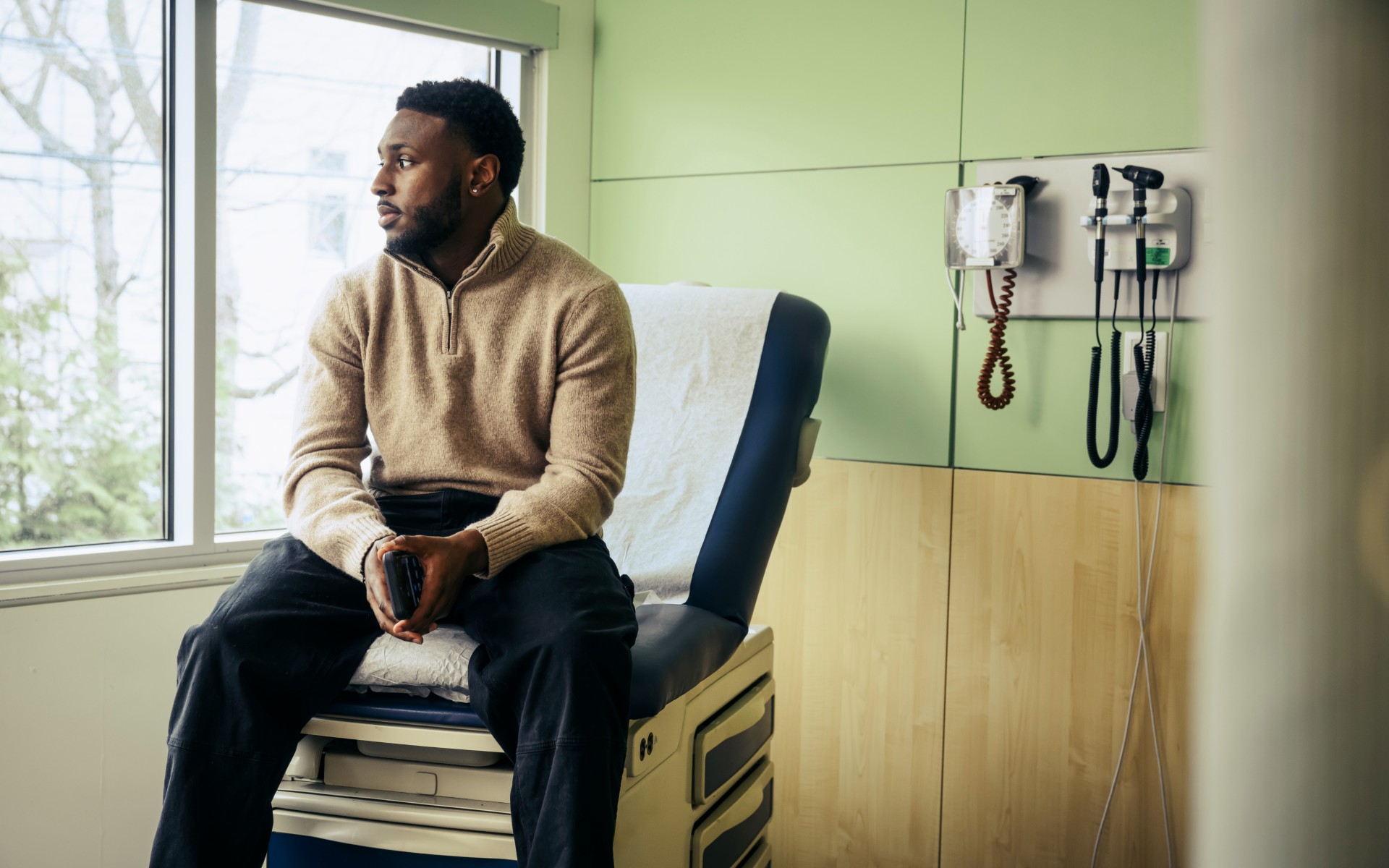 More than a zipper: Young Black men embrace the ‘quarter-zip movement’
More than a zipper: Young Black men embrace the ‘quarter-zip movement’The Explainer More than a zipper: Young Black men embrace the ‘quarter-zip movement‘
-
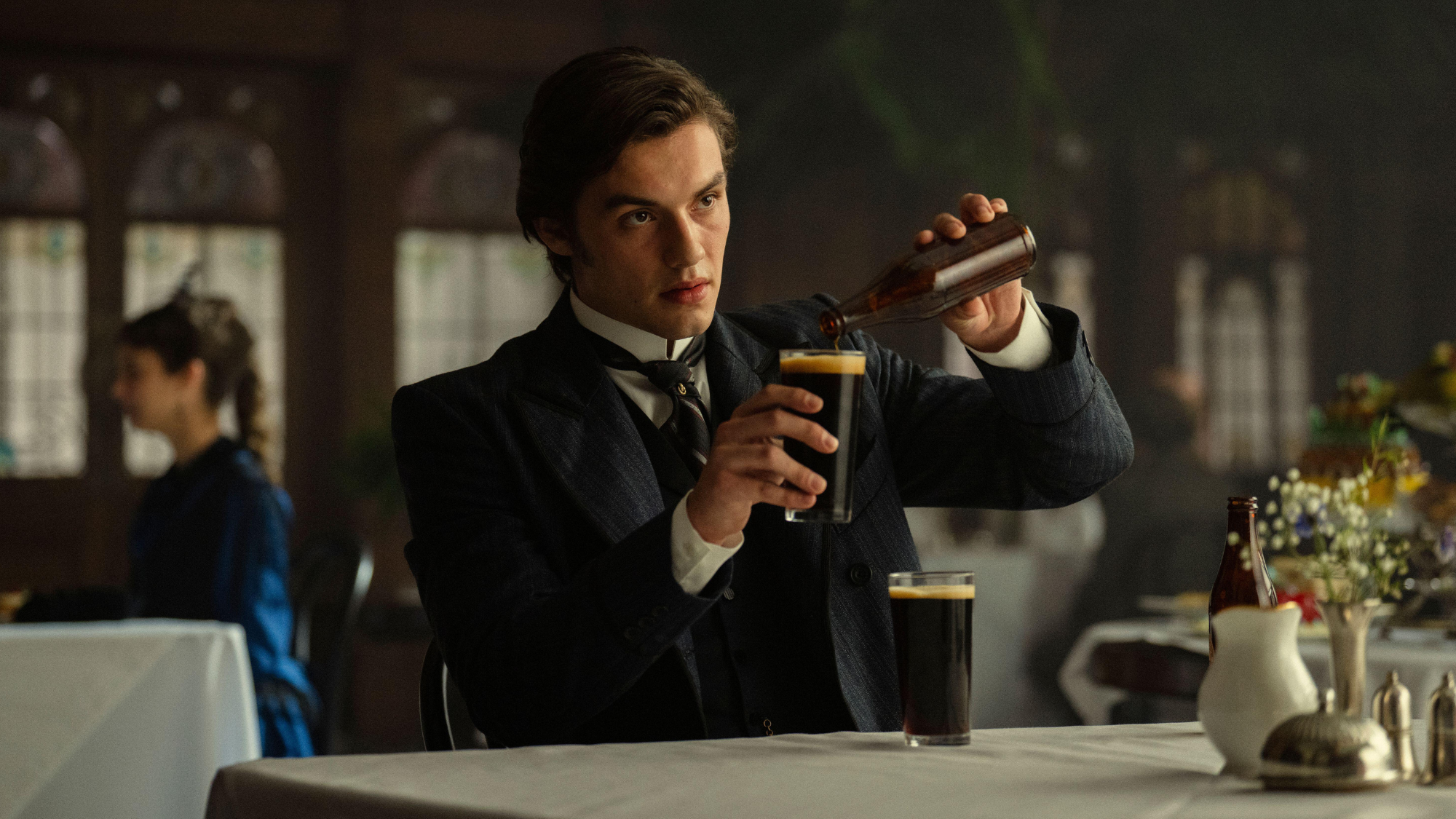 How historically accurate is House of Guinness?
How historically accurate is House of Guinness?In the Spotlight The glossy Netflix show about the family behind the world-famous stout mixes fact with fiction
-
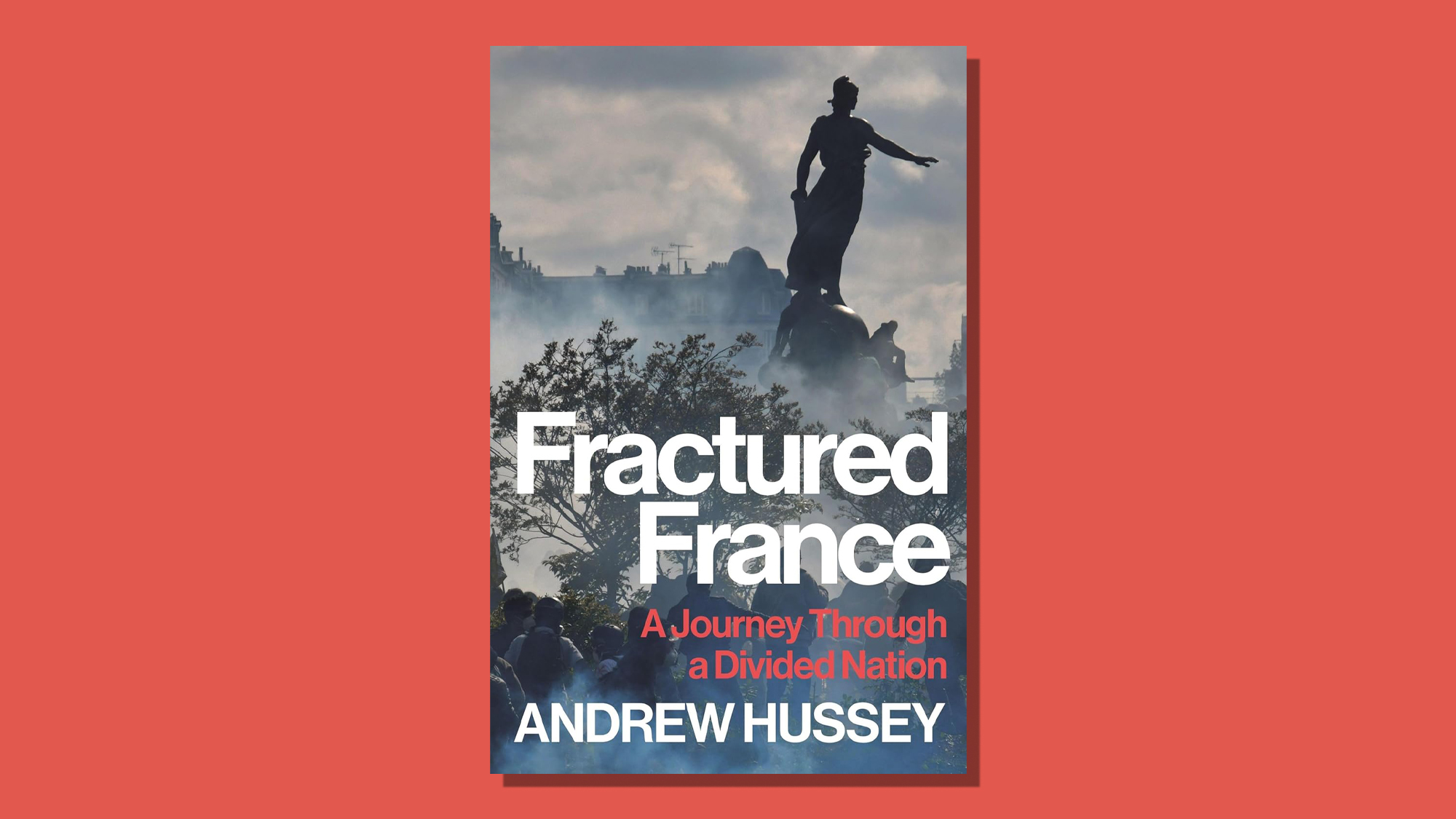 Fractured France: an ‘informative and funny’ enquiry
Fractured France: an ‘informative and funny’ enquiryThe Week Recommends Andrew Hussey's work is a blend of ‘memoir, travelogue and personal confession’
-
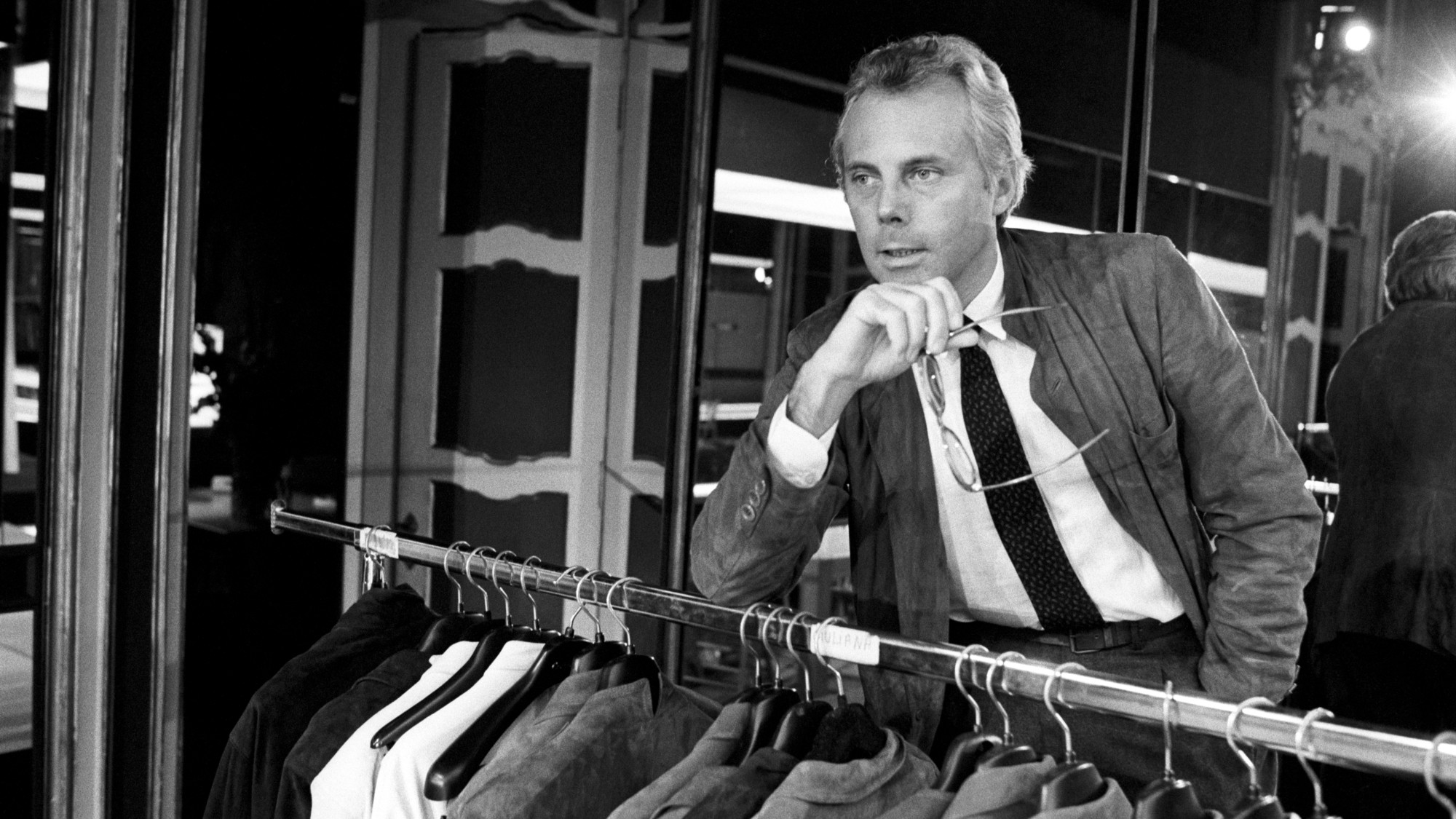 Giorgio Armani obituary: designer revolutionised the business of fashion
Giorgio Armani obituary: designer revolutionised the business of fashionIn the Spotlight ‘King Giorgio’ came from humble beginnings to become a titan of the fashion industry and redefine 20th-century clothing
-
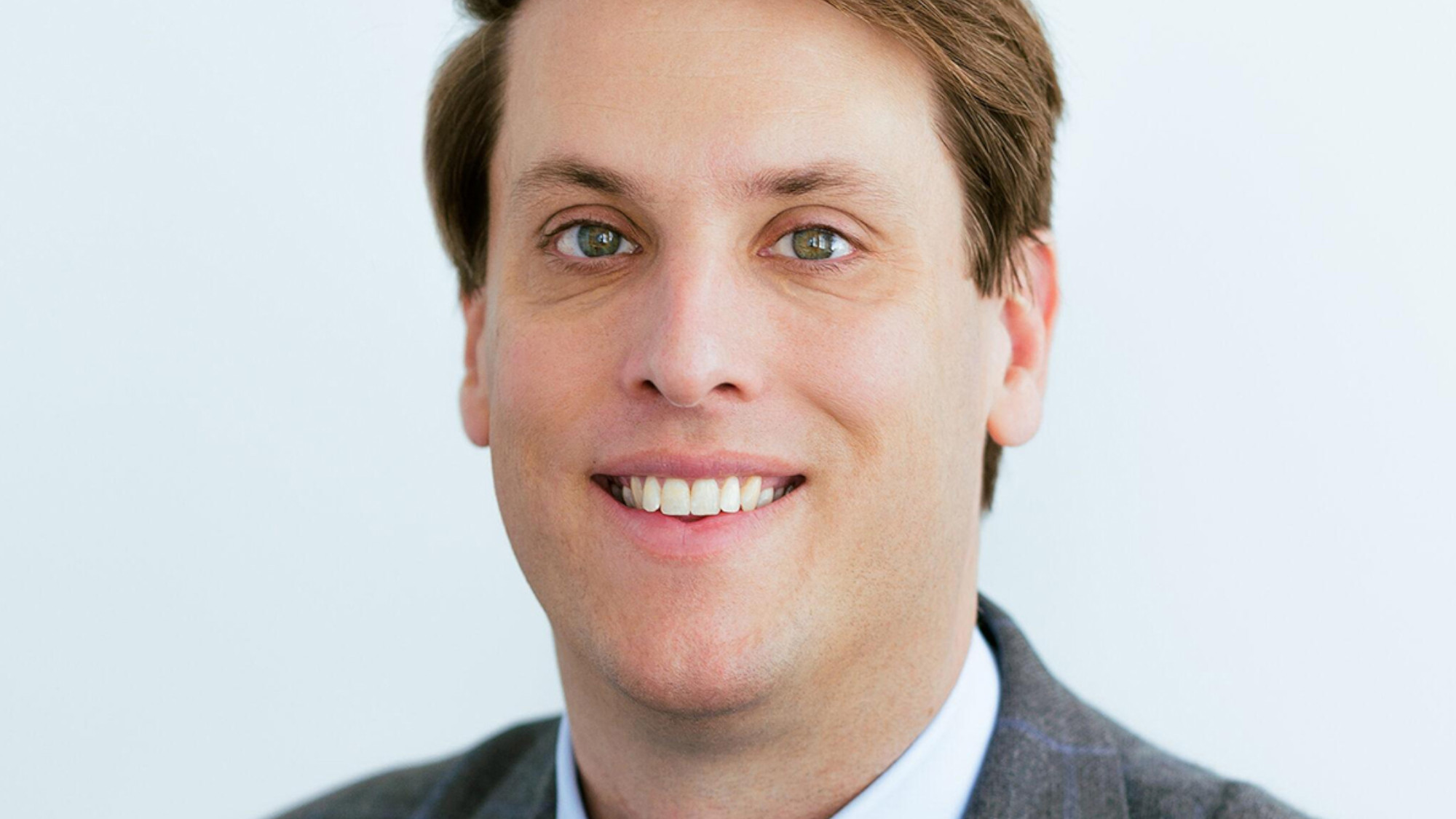 Garrett Graff's 6 favorite books that shine new light on World War II
Garrett Graff's 6 favorite books that shine new light on World War IIFeature The author recommends works by James D. Hornfischer, Craig L. Symonds, and more
-
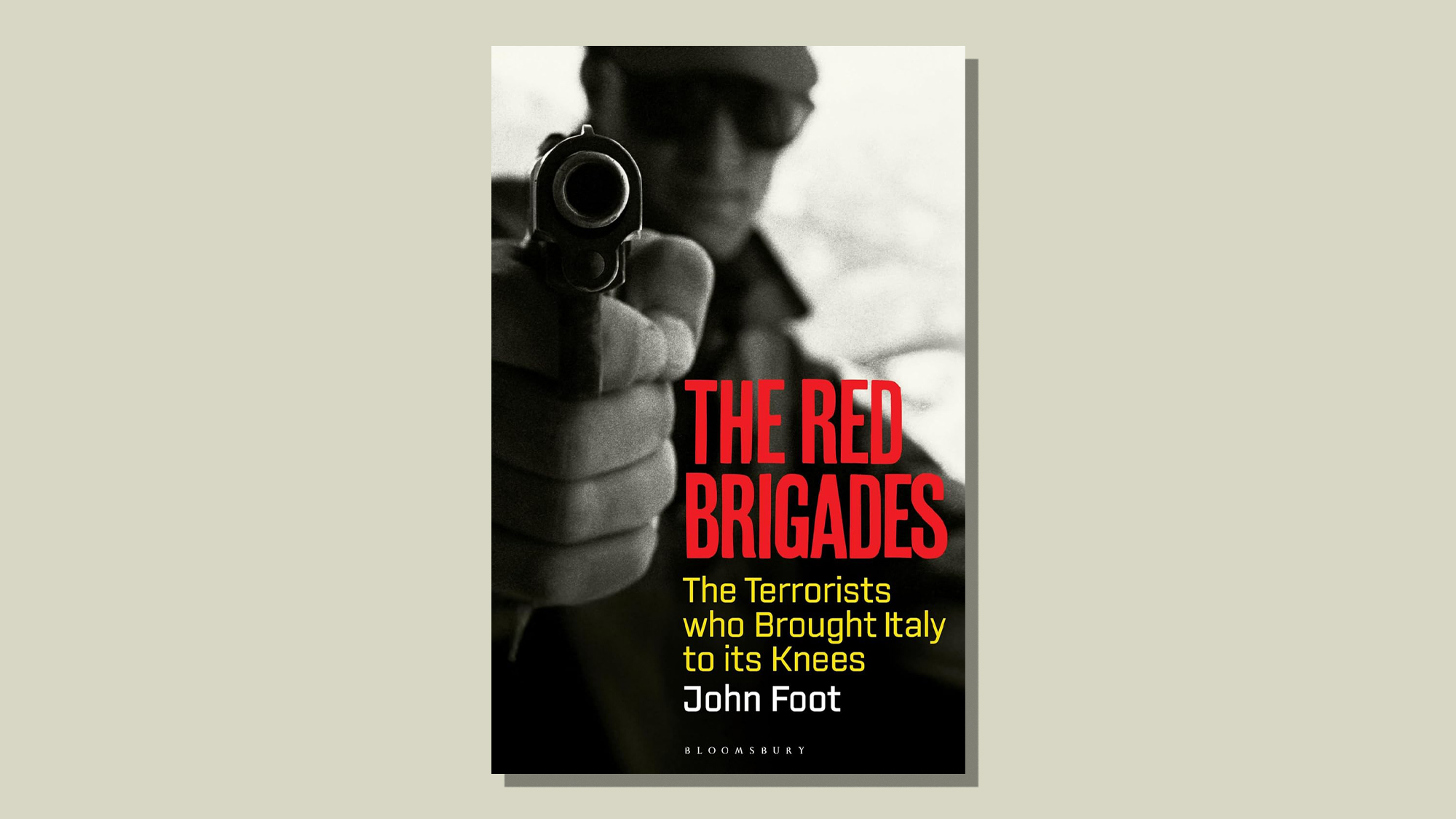 The Red Brigades: a 'fascinating insight' into the 'most feared' extremist group of 1970s Italy
The Red Brigades: a 'fascinating insight' into the 'most feared' extremist group of 1970s ItalyThe Week Recommends A 'grimly absorbing' history of the group and their attempts to overthrow the Italian state